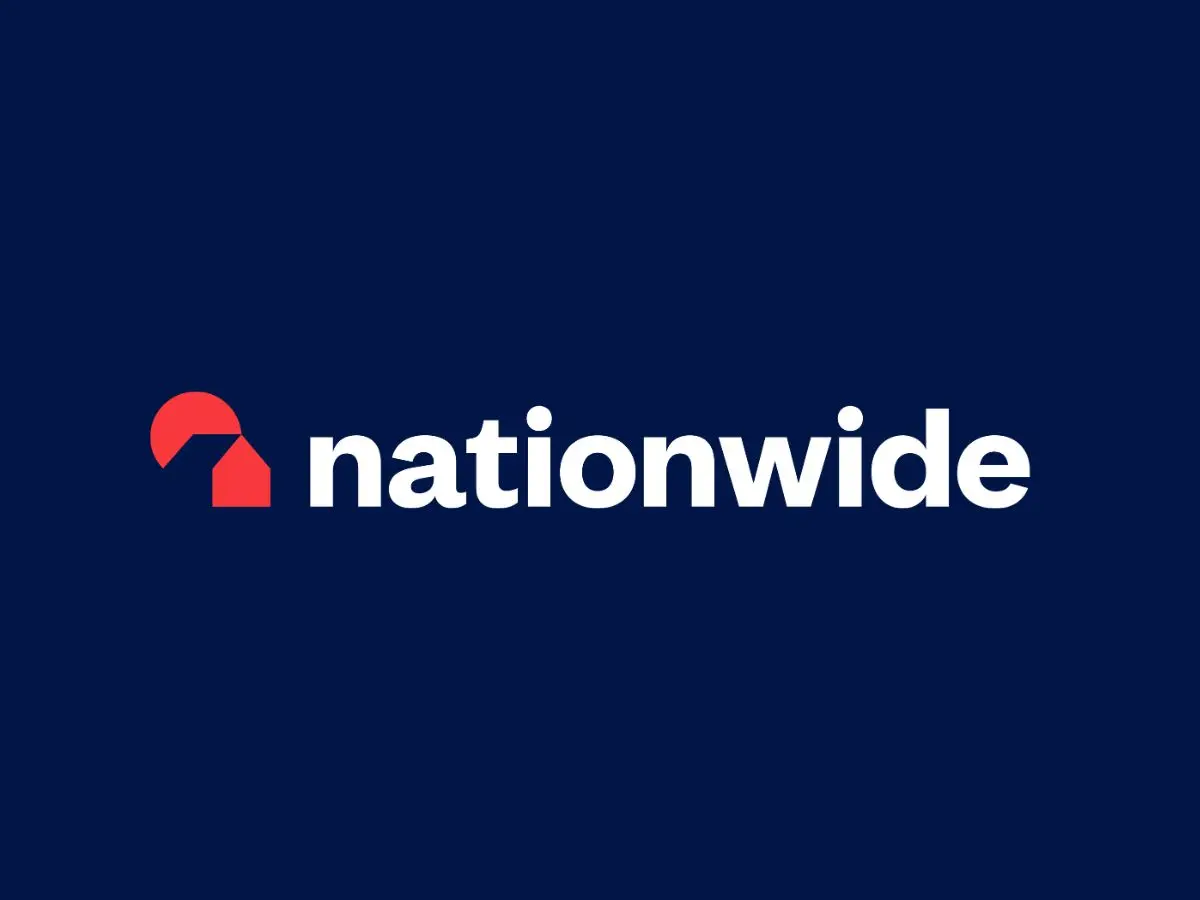Nationwide current account review: Is it worth switching?
Money Talk is intended to inform and educate; it's not financial advice. Affiliate links, including from Amazon, are used to help fund the site. If you make a purchase via a link marked with an *, Money Talk might receive a commission at no cost to you. Find out more here.
Nationwide is the UK’s biggest building society with over 16 million members across the country.
It’s consistently highly rated for its customer service, and while its products aren’t always the most competitive, they are hugely popular.
And like other high street banks and building societies, it has regular current account switching offers.
But is it worth switching over to a Nationwide current account? And if so, which one?
What makes Nationwide different
Nationwide is a building society.
This means that unlike traditional banks, which have shareholders, Nationwide is owned by its customers, who are known as members.
Its ethos is that instead of spending profits on dividends, the money is reinvested into the business to improve services and offer better rates for its members.
A portion of the profit is also donated to charity.
Since 2023, Nationwide has distributed an annual bonus to its members called the Fairer Share Payment.
It’s effectively a dividend for members, as it’s based on profits, but the money is treated as an interest payment for tax purposes.
In 2023 and 2024 this payment was £100 per person, but in 2025 it was only £50 per person.
Nationwide’s members also have a say over how the building society is run; each year, it holds an AGM that’s open to all members.
Nationwide compared to other banks
Because Nationwide is so big, it can compete on a more or less equal footing with high street banks.
That means it can offer some pretty competitive interest rates on savings products, and incentives to switch to its current accounts – and it does this with regularity.
I would say overall its regular savers are the most competitive products, often offering above average interest rates.
Its other savings products and its current accounts do less well compared to other banks and building societies.
Is your money safe with Nationwide?
The short answer is yes, your money is safe with Nationwide.
Like all major UK financial institutions, Nationwide is regulated by the Financial Conduct Authority (FCA).
It’s also covered by the Financial Services Compensation Scheme (FSCS).
This means deposits of up to £120,000 per person are protected in the unlikely event that Nationwide goes under.
Nationwide current accounts
Nationwide offers six different current accounts: FlexDirect, FlexPlus, FlexAccount, FlexStudent, FlexOne and FlexBasic.
However, only FlexDirect, FlexPlus, and FlexAccount are part of the core range for adults so these are the accounts I’ll consider for this review.
FlexStudent is, as its name implies, for students over 18, while FlexOne is for 11 to 17-year-olds.
As for FlexBasic, it’s only open to those without another UK bank account, and cannot qualify for other Nationwide current accounts, so for example someone with poor credit history.
Common features of Nationwide current accounts
The three core current accounts have slightly different features but they all have the following in common:
- You can bank online, by phone, via the mobile app and in branches
- You’ll get a contactless debit card that’s compatible with Apple Pay, Google Pay and Samsung Pay
- You can apply for an arranged overdraft, and can order a chequebook
- You can open a joint account
- You can set up text alerts to help manage your account
FlexDirect current account
FlexDirect is one of Nationwide’s most popular current accounts and is free to use.
You get 5% interest on in-credit balances of up to £1,500 for the first 12 months if you’re a new member; after that it drops to 1%.
For the first 12 months, new members can also get 1% cashback (capped at £5 a month) on debit card spending.
To get these extra perks, you have to deposit at least £1,000 each month into your account – and these cannot be from another Nationwide account or via a Visa credit.
The downside to this account is that most of your banking needs to be done online or over the phone; branch access is possible but is limited.
There’s also a non-sterling transaction fee if you want to use your debit card abroad, making it unsuitable as a travel card.
FlexAccount current account
A step down from the FlexDirect current account is the FlexAccount, Nationwide’s no-frills current account.
The key difference between FlexAccount and FlexDirect is that the FlexAccount doesn’t attract any interest on in-credit balances.
Because of that, there’s also no minimum deposit requirements.
FlexAccount is also a step up from FlexBasic.
The FlexAccount is eligible for an arranged overdraft and cheque book, which are not available to FlexBasic users.
FlexPlus current account
FlexPlus is Nationwide’s packaged current account, which means you pay a monthly fee in exchange for a bundle of benefits.
Currently it costs £18 a month.
For that, you get worldwide travel insurance (including winter sports) for trips of up to 31 days from Aviva.
There’s also mobile phone insurance for you, your partner and any dependent children from Assurant. The cover includes loss, theft, damage and faults.
You’ll get breakdown cover in the UK and in Europe from AA as well, with the coverage extending to any vehicles you’re driving as well as any that you own.
For frequent travellers, the best perk is that there’s fee-free spending abroad on your debit card – this is the only debit card from Nationwide that offers this.
Read this: Travel insurance small print: what to look for
Which is the best Nationwide current account for you?
Obviously the best Nationwide current account for you will depend on your circumstances but for most people it will be the FlexDirect current account.
You’ll need to be over 18 and pass credit checks to be eligible for it.
I wouldn’t personally say it’s the best current account out there.
Yes, you get higher interest rates for the first year, but that perk disappears after 12 months and you can’t get it back even if you leave and rejoin.
Meanwhile, other banks and building societies might offer a better in-credit interest rate on their current accounts – I explain more below.
Is Nationwide good for everyday banking?
I’ve been a Nationwide member for decades, having opened my first account as a child – though of course it wasn’t called FlexOne back then.
In that time I’ve only left once, when I decided to take advantage of a bank switching offer.
All that is to say yes, Nationwide is good for everyday banking.
What I like about them – especially in recent years – is that they seem to genuinely care about their customers.
The Fairer Share Payment aside, they push out all sorts of useful initiatives.
Take Savings Watch, where they send you alerts on the Nationwide products with the highest interest rates.
They’re also launching competitive savings products all the time, like a (short term) savings account with a prize draw to get people saving.
The downside is that when you’ve been a member for a while, it can feel like you’ve been forgotten.
This was especially true before Nationwide started making Fairer Share Payments.
The high in-credit interest on FlexDirect accounts is only given to new members, for example.
In comparison, Lloyds Bank’s Club Lloyds current account offers decent in-credit interest to everyone.
Nationwide’s online banking site is also a little clunky.
It’s very secure in the sense that you have to input a bunch of different stuff just to login, but all these extra steps are also off-putting for the average user.
The Nationwide app is much easier to use in comparison, and you can use biometric data to login.
The problem is, there are some tasks you can only do online and only, seemingly, during working hours. Closing a dormant account, for example.
So I’ve got all these unused savings accounts that I haven’t got round to closing just sitting around.
Is it worth switching to Nationwide?
If you’ve never been a Nationwide member, it’s definitely worth switching over when they have a bank switching offer on.
You can get anywhere between £100 to £200 to switch, depending on the current offer.
If you’ve previously been a Nationwide member, it’s worth bearing in mind that you will not get all of the benefits when you return.
For example, on the FlexDirect account, you won’t get the interest rate bonus or the cashback if you are a former Nationwide customer.
You will still get the switching bonus though, if you’ve been away for long enough, so it may well be worth the effort.
Would I recommend Nationwide?
Sure. It’s reliable, the customer service is good and if you’re savvy, there are some good savings products available to its current account customers.
But there are also better current account products out there.
Read this: Is bank switching worth it?
Pin this for later








